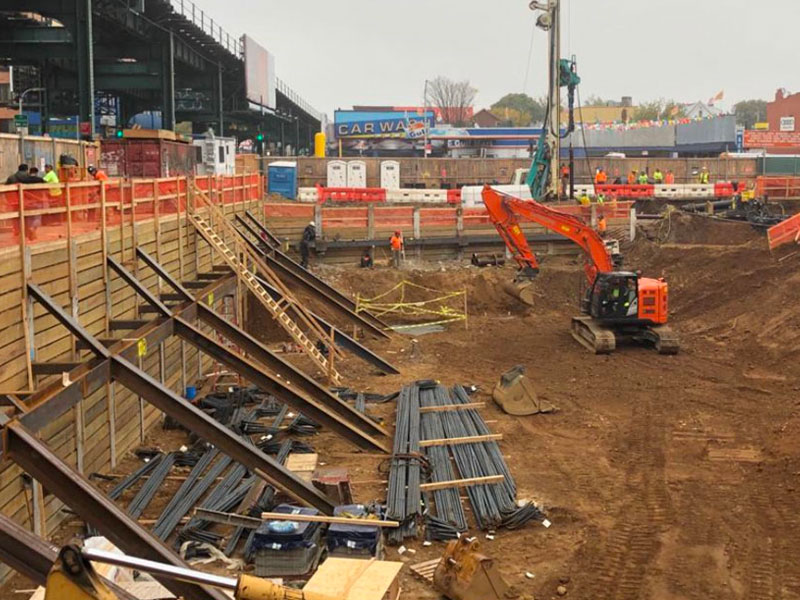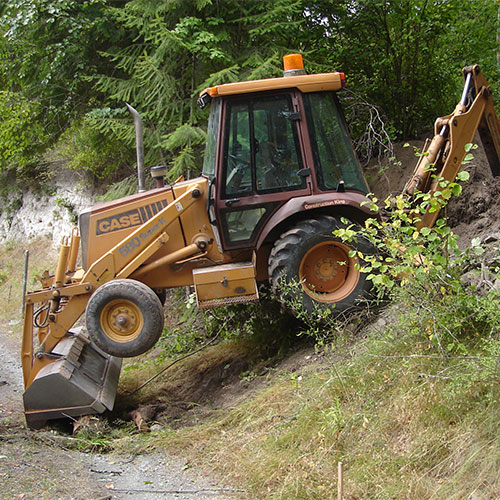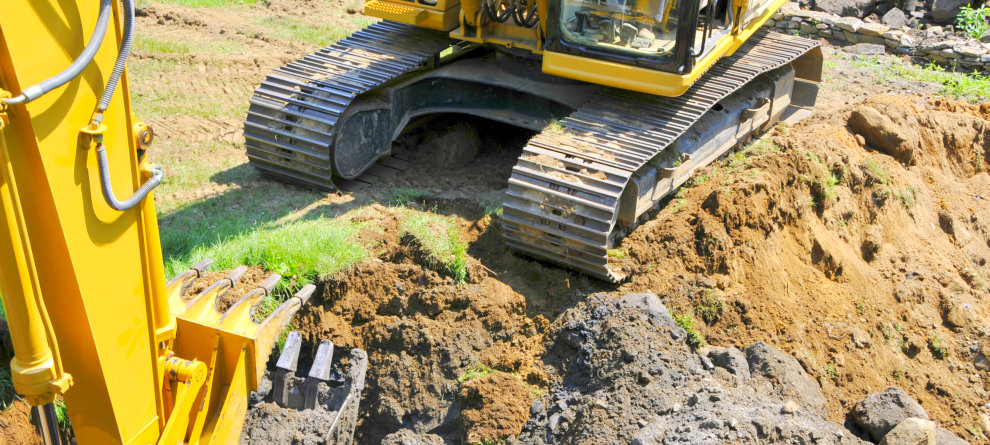Professional Septic Ohio - Relied On Septic Tank Specialists in Ohio
Professional Septic Ohio - Relied On Septic Tank Specialists in Ohio
Blog Article
Comprehensive Excavation Strategies: Grasping the Basics for Success
The careful preparation, specific execution, and careful attention to information needed in excavation jobs require a thorough method that includes different fundamental facets. The true mastery lies not simply in comprehending these fundamentals however in perfectly incorporating them to browse the complexities of excavation tasks with skill.
Understanding Excavation Project Planning

Successful excavation jobs are constructed on the structure of detailed and precise planning. The initial phase of any type of excavation project is the drawing board, where essential choices are made that can considerably influence the result of the job. During this phase, it is vital to gather all pertinent information regarding the site, including topographical surveys, soil make-up, and any possible dangers that might exist. Recognizing the project range, timeline, and budget plan restraints is vital for developing a detailed excavation plan that makes sure the job's success.
One secret facet of excavation project preparation is the growth of an in-depth timeline that lays out the series of landmarks, activities, and target dates. This timeline works as a roadmap for the task team, enabling them to track progression and make needed changes to ensure the job remains on schedule. In addition, a well-defined spending plan that accounts for all expenditures, consisting of devices leasing, labor expenses, and products, is crucial for staying clear of cost overruns and delays. By thoroughly taking into consideration all these aspects during the planning phase, excavation jobs can be performed efficiently and efficiently, bring about effective results.
Dirt Evaluation and Website Assessment
Performing complete soil analysis and site examination is a vital action in the prep work phase of any type of excavation job. Soil evaluation includes establishing the make-up, framework, and properties of the soil at the excavation site. This info is critical for understanding the soil's bearing capability, dampness material, and capacity for disintegration, which are vital aspects in figuring out the excavation approaches and tools needed for the job.
Website analysis goes beyond dirt analysis and includes a more comprehensive analysis of the overall site problems. This examination includes identifying any type of potential threats, such as underground energies, ecological concerns, or unpredictable surface, that can affect the excavation process. By thoroughly evaluating the website, task managers can create reliable excavation techniques that focus on security, effectiveness, and environmental management.
Using advanced modern technologies like ground-penetrating radar, soil tasting, and drone studies can enhance the accuracy and effectiveness of dirt evaluation and site assessment. Spending time and resources in these initial steps can eventually save time and prevent pricey hold-ups or issues throughout the excavation process.
Tools Selection and Application
Effective excavation projects count heavily on tactical equipment selection and utilization to guarantee ideal performance and productivity. Picking the ideal devices for the job is critical in optimizing effectiveness and minimizing downtime. Elements such as the sort of soil, depth Full Report of excavation, and task extent play a substantial function in establishing the most suitable tools for the task available.

Along with choosing the proper equipment, appropriate utilization is key to project success. Operators should be educated to handle the equipment safely and effectively - lancaster trenching. Routine maintenance checks and prompt repairs aid protect against malfunctions and make sure constant performance throughout the job
Safety And Security Steps and Laws Conformity
In the realm of excavation tasks, prioritizing precaution and compliance with regulations is extremely important to making sure a safe and secure and legally audio functional environment. Precaution include a variety of methods, consisting of carrying out comprehensive website evaluations, implementing appropriate signs and obstacles, and providing adequate safety and security training for all employees entailed in the excavation process. Adherence to guidelines, such as OSHA needs in the USA, ensures that the excavation job fulfills the needed criteria to shield employees, onlookers, and the surrounding atmosphere.

Monitoring Progress and Adjusting Techniques
Just how can project supervisors successfully track the improvement of excavation jobs and adjust their strategies accordingly to maximize results? Surveillance progress is essential for making certain that excavation jobs stay on track and fulfill due dates.

Final Thought
Finally, grasping the fundamentals of detailed excavation techniques is vital for the success of any kind of task. By recognizing job preparation, examining dirt and website conditions, choosing proper devices, adhering to safety laws, and checking progress, task managers can make certain a efficient and smooth excavation process. Implementing these methods will bring about successful end results and minimize prospective risks or troubles during the excavation job.
The initial phase of any kind of excavation project is the preparation phase, where essential decisions are made that can significantly influence the outcome of the job. Recognizing the job timeline, range, and spending plan constraints is vital for developing a detailed excavation strategy that makes sure the project's success.
Exactly how can project supervisors successfully track the improvement of excavation tasks and adapt their techniques appropriately to maximize results? By very closely keeping track of development and being prepared to adjust strategies, job supervisors can improve the total success of excavation projects.
By comprehending job planning, examining dirt and website problems, choosing proper tools, conforming with safety guidelines, try this and monitoring progression, task managers can guarantee a smooth and effective excavation process.
Report this page